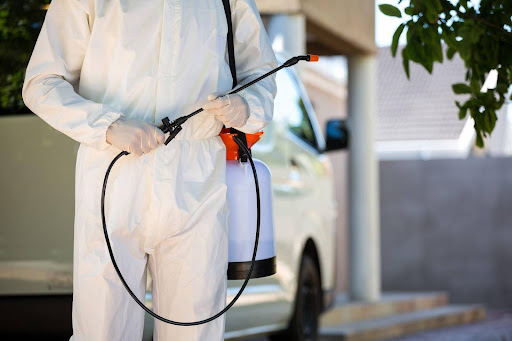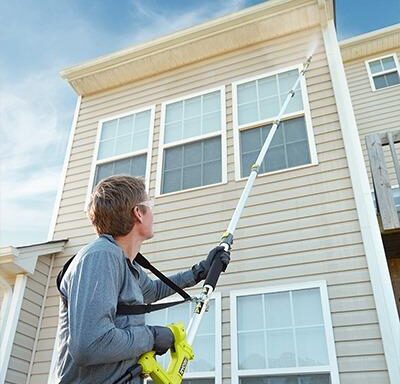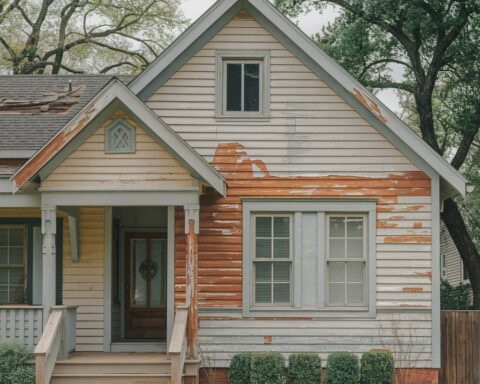Buying your first home is an exciting milestone and a significant financial commitment. With so many details to consider, it can feel overwhelming. This guide is designed to ease your worries by providing clear, practical advice for first-time real property buyers.
By the end of this post, you’ll have a solid understanding of the home-buying process, what to look for in a property, and how to make an informed purchase. Read on.
Understanding Your Financial Situation
Before you start your home search, it’s crucial to assess your financial health. Knowing where you stand financially will help you determine how much home you can afford. Start by calculating your monthly income, expenses, and savings.
Aim to keep your monthly mortgage payments at or below 30% of your gross monthly income. This will ensure you have enough money left over for other expenses and emergencies.
Getting Pre-Approved for a Mortgage
A mortgage pre-approval is a crucial step in the home-buying process. It assists you in determining how much you can finance and demonstrates to sellers that you are a serious bidder. You must give your lender financial details, such as your income, work history, debts, and credit score, in order to be pre-approved.
Choosing the Right Real Estate Agent
A knowledgeable freehold real estate agent can be an invaluable resource during your home-buying journey. They can help you find properties that meet your criteria, negotiate offers, and guide you through the closing process.
When selecting an agent, consider their:
· communication skills
· availability
· familiarity with the local market
A good agent will be responsive, proactive, and able to answer your questions. They can also provide online platforms where you can buy or even sell a freehold property. Try and read this post to learn more about it.
Identifying Your Must-Haves and Nice-to-Haves
Make a list of the things that are essential and desirable before you begin showing houses. Features that are necessary for your lifestyle but cannot be compromised, including the number of bedrooms, bathrooms, or proximity to work or school, are known as must-haves. Features that would be helpful but not essential are called nice-to-haves. Examples of this include:
· a large backyard
· updated kitchen
· extra storage space
Touring Homes and Attending Open Houses
When touring homes, take your time and be thorough. Bring a notebook and camera to document each property, and take note of both the positive and negative aspects.
Pay attention to the property’s condition, layout, and any potential maintenance issues. Don’t be afraid to ask questions about the home’s history, previous owners, and any recent repairs or renovations.
Conducting a Home Inspection
A home inspection is a vital step in the home-buying process. It helps you identify any potential problems or necessary repairs before you finalize the purchase. Hire a licensed, professional home inspector to thoroughly examine the property, including the following:
· foundation
· roof
· plumbing
· electrical systems
· overall structure
Securing Financing
Upon acceptance of your offer, you will have to arrange for mortgage financing. Collaborate together with your lender to furnish all necessary paperwork and guarantee a seamless approval procedure. Be ready to spend more for things like private mortgage insurance (PMI) and other loan-related expenses if your down payment is less than 20%.
Be Wise as Real Property Buyers
Buying your first home is a significant milestone and a rewarding experience. By following this ultimate guide, you’ll be well-prepared to navigate the home-buying process with confidence, especially as first-time real property buyers.
Remember to stay informed, ask questions, and rely on your support network of real estate professionals, friends, and family.
Visit our blog for more!
Keep an eye for more latest news & updates on Essential Tribune!








